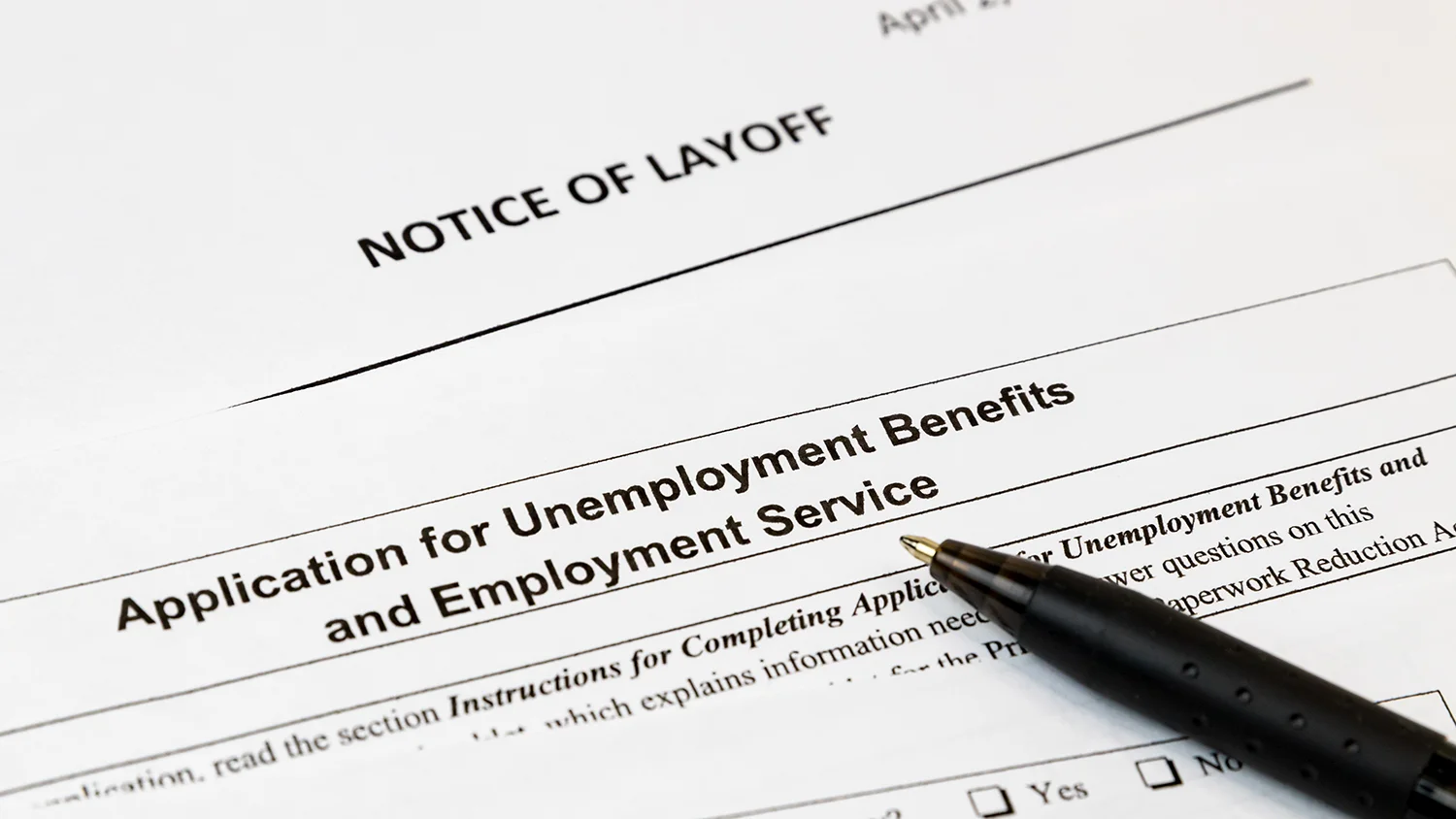Employee Wrongful Termination Attorneys
What If I Complain, But Then Get Demoted, Or Even Fired?
Suzie thinks she’s owed some unpaid overtime, so she has her attorney write the employer a letter (because the boss just laughed at her). The employer responds to the letter and says Suzie is crazy, and she has been paid every nickel she’s owed. A couple weeks later, she’s being given the worst jobs at work.
Is that legal? The answer: no! It’s called illegal retaliation.
According to the law, requesting overtime wages is “a protected activity” under the United States Fair Labor Standards Act.
That means if we reach out to your employer on your behalf to let them know they owe you unpaid minimum wage and/or overtime, and they take “adverse action” against you (i.e. firing, demoting, and/or harassing you), they could have a much bigger problem on their hands.
In other words, they cannot retaliate against you without incurring the wrath of the federal law. Gust ‘ Wireless Vision (2015).
As courts have said, “protected activity under FLSA includes oral complaints . . . and unofficial assertions of FLSA rights. And if your company fires you, it could lead to a wrongful termination lawsuit. The Supreme court has held that the “anti-retaliation provision of [the] FLSA protects oral as well as written complaints of violation of the Act, abrogating Lambert ‘ Genesee Hospital, 10 F.3d 46. Kasten ‘ Saint-Gobain (2011).
In that case, the Court stated that “the Act protects employees who have “filed any complaint” 29 U.S.C. § 215(a)(3). They said that although some dictionaries define “filing” and dealing with a written or electronic document, which is archived and stored, the term “file” can mean much more than that. They said, “but other dictionaries provide different definitions that permit the use of the word “file” in conjunction with oral material. But, I think this was their best statement: “Why would Congress want to limit the enforcement scheme’s effectiveness by inhibiting use of the Act’s complaint procedure by those who would find it difficult to reduce their complaints to writing, particularly illiterate, less educated, or overworked workers? President Franklin Roosevelt pointed out at the time that these were the workers most in need of the Act’s help.
Again, under the law it is illegal “to discharge or in any other manner discriminate against any employee because such employee has filed any complaint . . . or is about to testify in any such proceeding.” Thus, your witnesses are protected, too.
Main Menu






